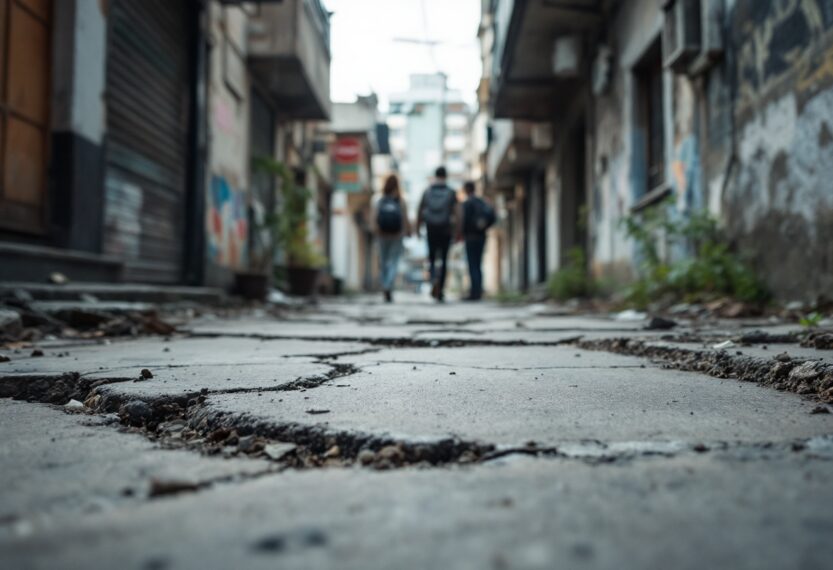The human cost of neglect: A deep dive into America’s underclass
In a nation where the disparity between the affluent and the impoverished continues to widen, the stories of those left behind often remain unheard. Sarah Jones, a prominent writer for New York Magazine, sheds light on this pressing issue in her new book, Disposable: America’s Contempt for the Underclass. Through poignant narratives and rigorous analysis, Jones explores the devastating impact of systemic inequality exacerbated by the COVID-19 pandemic.
Personal narratives reveal systemic failures
Jones’s work is not merely an academic exploration; it is a heartfelt tribute to individuals whose lives have been irrevocably altered by economic and healthcare injustices. The book features harrowing accounts, such as that of Terence and Ebony James, educators who faced the dual tragedy of battling COVID-19 simultaneously. One survived, while the other succumbed to the virus, highlighting the stark realities faced by many working-class families. Jones’s dedication, “For the dead, and everyone they left behind,” encapsulates the urgency of her message: these are not just statistics; they are real people with dreams, struggles, and stories.
The political landscape and its implications
As the political climate shifts, with figures like Donald Trump advocating for the working class while simultaneously undermining essential safety nets, Jones argues that the ruling class’s interests often overshadow the needs of the underprivileged. She critiques the notion that America is truly a land of opportunity for all, emphasizing that the current political economy perpetuates a cycle of disposability among the most vulnerable. The pandemic has stripped away the facade, revealing the harsh truth that many Americans are treated as expendable.
Reimagining the future: A call to action
Jones’s exploration extends beyond mere documentation of suffering; it is a clarion call for change. She advocates for a reimagined political economy that prioritizes the needs of the underclass, emphasizing the importance of policies that promote equity and justice. The book serves as a reminder that the fight for a fairer society is ongoing and requires collective action. By sharing these stories, Jones hopes to inspire readers to confront the systemic issues that have long been ignored and to advocate for a future where every individual is valued.
In conclusion, Disposable is more than a book; it is a vital contribution to the discourse surrounding inequality in America. Through her eloquent prose and compelling narratives, Sarah Jones urges us to recognize the humanity behind the statistics and to take action against the forces that perpetuate suffering. As we navigate the complexities of our political landscape, it is imperative that we listen to the voices of those who have been silenced and work towards a more just society.

